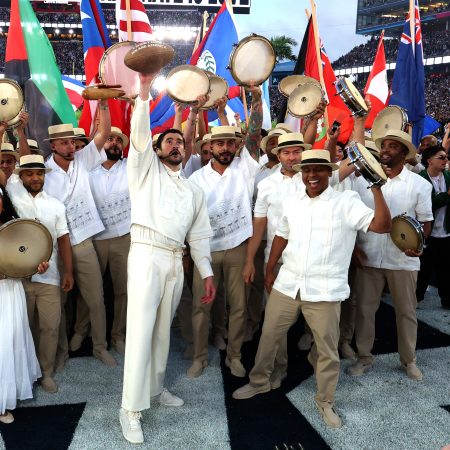After the Census Bureau announced they plan to ask respondents if they are U.S. citizens when they perform the 2020 count of the nation’s population, fear spread that the information would be used to target undocumented immigrants. Census officials, however, say the question is being reinstated for the first time since 1950 in order to help enforce the Voting Rights Act, reports The Washington Post.
They claim there are safeguards in place to protect the information. It is illegal, for example, to release information that would identify individuals or families. However, critics point to the fact that similar census data has been used to target specific populations in the past.
Data from the 1940 Census was secretly used during one of the worst violations of constitutional rights in U.S. history: The internment of Japanese Americans during World War II, reported The Post. Historian Margo J. Anderson of the University of Wisconsin-Milwaukee and statistician William Seltzer of Fordham University found evidence that census officials provided the government with data to target Japanese Americans. For decades, census officials have denied that they played a role in providing information, but according to Anderson and Seltzer, the Census Bureau provided block-level information of where those of Japanese ancestry were living in California, Wyoming, Colorado, Utah, Idaho and Arkansas. They also found proof that the bureau released more specific data about individuals, such as names and addresses.
Thanks for reading InsideHook. Sign up for our daily newsletter and be in the know.


















